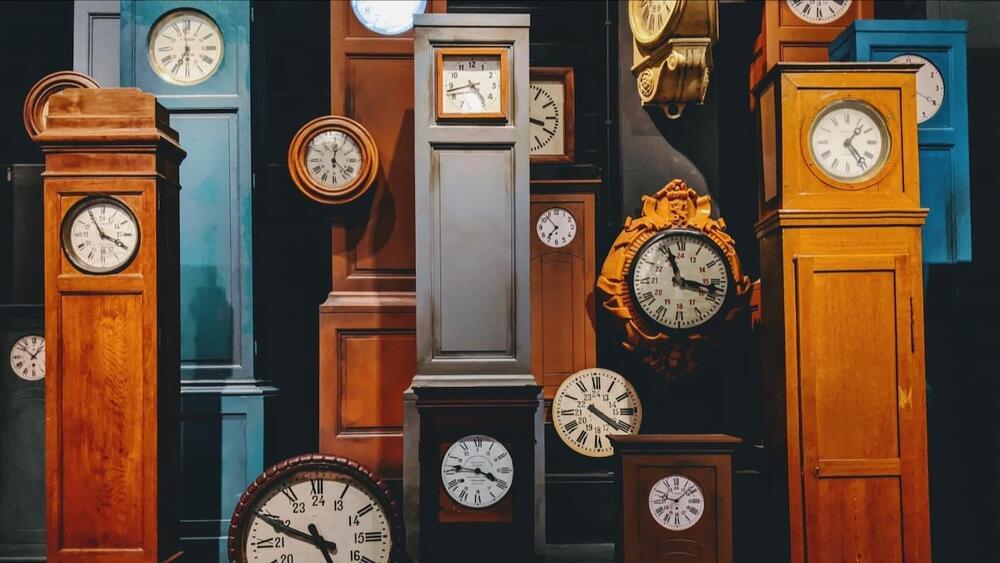Time is one of those things that most of us take for granted. We spend our lives portioning it into work-time, family-time, and me-time. Rarely do we sit and think about how and why we choreograph our lives through this strange medium. A lot of people only appreciate time when they have an experience that makes them realize how limited it is.
My own interest in time grew from one of those “time is running out” experiences. Eighteen years ago, while at university, I was driving down a country lane when another vehicle strayed onto my side of the road and collided with my car. I can still vividly remember the way in which time slowed down, grinding to a near halt, in the moments before my car impacted with the oncoming vehicle. Time literally seemed to stand still. The elasticity of time and its ability to wax and wane in different situations shone out like never before. From that moment I was hooked.
I have spent the last 15 years trying to answer questions such as: Why does time slow down in near-death situations? Does time really pass more quickly as you get older? How do our brains process time?
